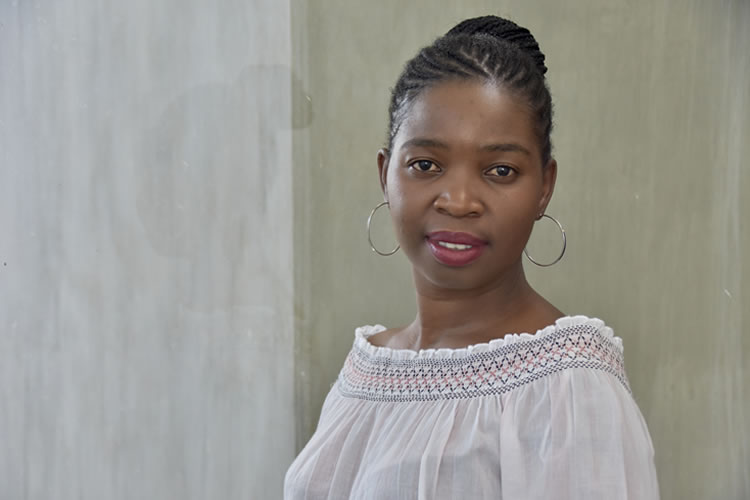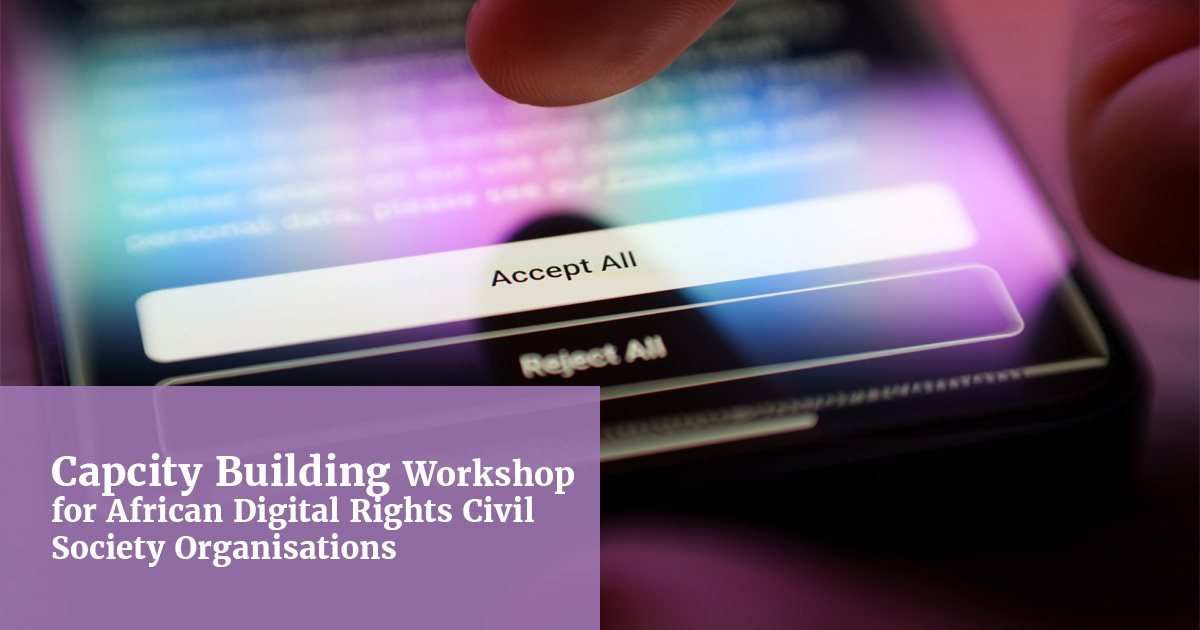From 19 - 21 August 2024, the Centre for Human Rights, Faculty of Law, University of Pretoria convened a capacity-building workshop on the African human rights system for the Africa Internet Rights Alliance (AIRA). AIRA is a dynamic network of Africa-based civil society organisations (CSOs) at the forefront of advancing digital rights and internet freedom across the continent. The purpose of the engagement was to equip AIRA members with a comprehensive understanding of the African human rights system.
This included in-depth knowledge of various normative frameworks, such as the African Charter on Human and Peoples' Rights, and an overview of the institutions established to uphold the continent's human rights mandate. These include the African Commission on Human and Peoples’ Rights, the Committee of Experts on the Rights and Welfare of the Child and the African Court on Human and Peoples’ Rights. It is envisaged that with the acquired knowledge, the network would engage with this system to advance digital rights. The training also drew insights from the United Nations and the European human rights systems, offering additional perspectives and strategies for advocacy.
The workshop was designed to equip participants with a working understanding of the institutional outlay of the African Human Rights system, drawing on insights from the CHR’s extensive involvement with the development and enforcement of normative frameworks for human rights in the African system. The Expression, Information and Digital Rights (EIDR) Unit at the Centre for Human Rights provides technical and research support to the Special Rapporteur on Freedom of Expression and Access to Information. This served as a prime example of CSO participation in the African system.
In 2019, the Declaration of Principles on Freedom of Expression and Access to Information in Africa was adopted by the African Commission. This was a groundbreaking step towards a more comprehensive normative framework for digital rights in Africa, that will also aptly address the digital rights dimension to the fast-moving pace of tech innovation. In this segment, the focus was on the significance of the different stages of norm-creation in the African system, and opportunities for CSO engagement in these processes, with examples from the CHR. For instance, following the adoption of the Declaration in 2019, further steps had to follow. CSO engagement would be crucial to unlock progress on the obligations and priorities set out in each Principle.
The three-day workshop concluded with a dynamic session where participants showcased their newly acquired expertise by presenting simulated strategies designed to engage with the African human rights mechanisms on digital rights issues. These simulations addressed various scenarios unfolding across different African states, reflecting the diverse challenges and opportunities within the continent. This practical exercise allowed participants to consolidate and apply the extensive knowledge gained throughout the workshop, demonstrating their readiness to navigate and influence AU processes effectively, on digital rights. By engaging in these simulated scenarios, the participants not only reinforced their understanding of the African human rights system but also honed their skills in advocating for digital rights within the complex and evolving landscape of African digital governance.
The workshop brought together participants from across the continent, with a versatile complement of expertise, and provided an exceptional platform for learning. Participants expressed their commitment to bridging the gap between expertise in technology and human rights through future collaboration. The Centre for Human Rights, renowned for its unparalleled expertise in the African human rights system, facilitated a profound experience that highlighted its role as a leader in this critical field.
As a beacon for those eager to deepen their understanding of the African human rights system and to drive meaningful change across the continent, the CHR continues to inspire and guide efforts towards advancing human rights, including digital freedoms.
For further information contact:

Expression, Information and Digital Rights Unit
Tel: +27 (0) 12 420 4199
Fax: +27 (0) 86 580 5743
hlengiwe.dube@up.ac.za

Expression, Information and Digital Rights Unit
Tel: +27 (0) 12 420 3810
Fax: +27 (0) 86 580 5743
Ompha.Tshamano@up.ac.za


